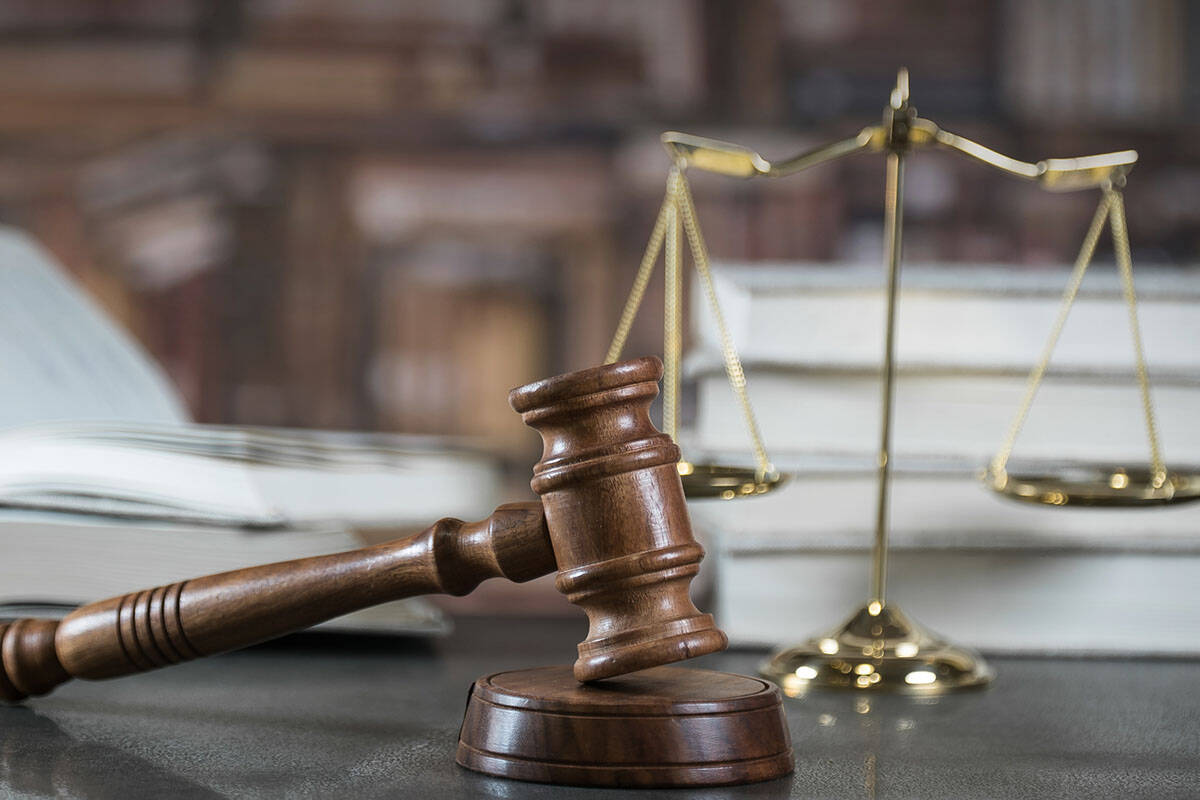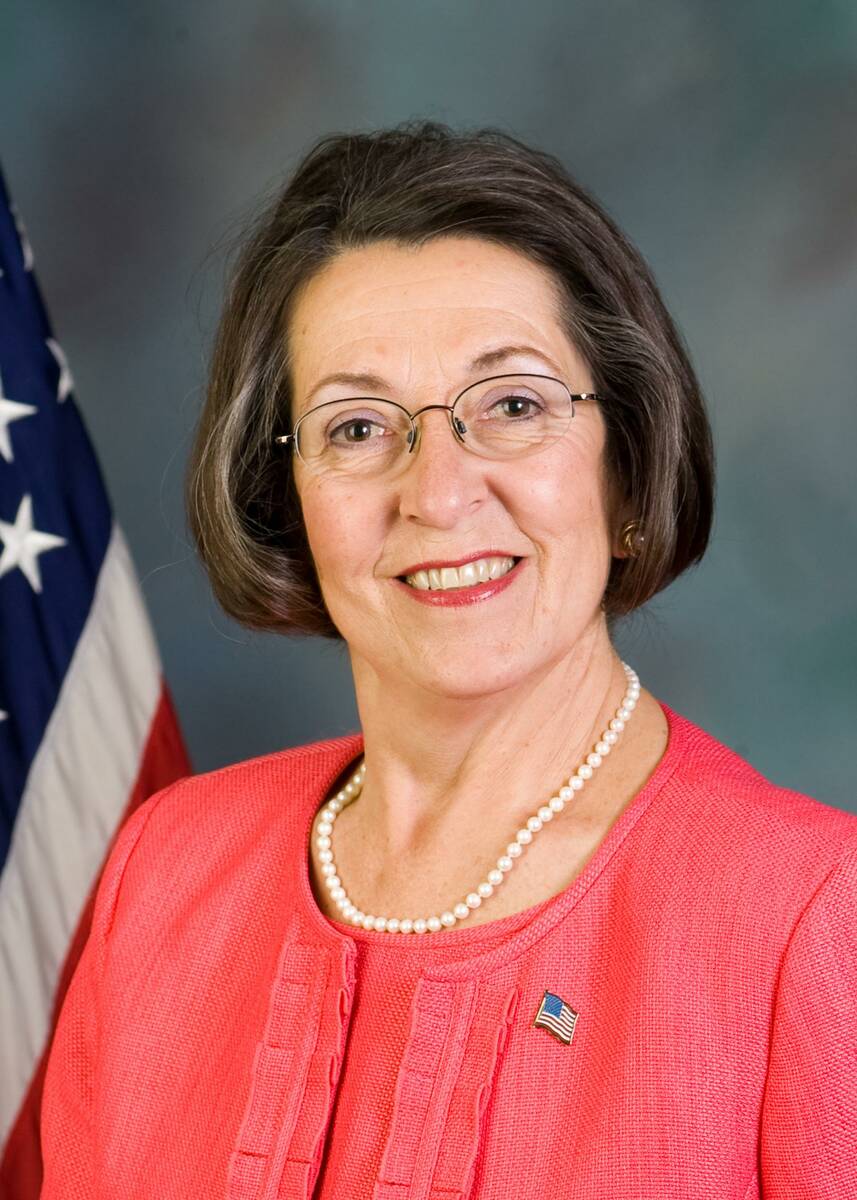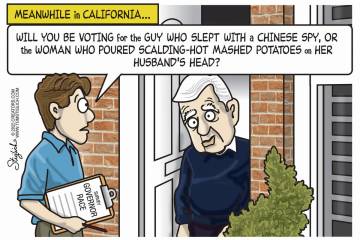COMMENTARY: When junk science wins in court, society loses
Scientific knowledge is the foundation of modern life, ensuring food safety, a clean environment and effective medical treatments Yet, today, the credibility of science is under threat, not just from misinformation or ideological agendas but from its abuse within our legal system.
In recent years, an alarming trend has emerged in civil tort litigation. Attorneys are increasingly relying on questionable studies and dubious expert testimony to attack everyday consumer products, from sunscreen and baby powder to everyday cleaning supplies. While healthy skepticism about product safety is essential, these lawsuits are often driven not by credible scientific evidence but by profit incentives and fear-based narratives.
This erosion of scientific integrity in the courtroom poses risks. When flawed or agenda-driven science is presented to juries, it undermines public confidence in science and the judicial system. Consumers deserve to know that the products they use are safe, relying on rigorous, evidence-based analysis, not the selective interpretations of experts paid to support a particular legal outcome.
Keeping pseudo-science out of courtrooms and preventing juries from being misled by unreliable testimony is critical to maintain this balance. But when courts fail to enforce these standards, the damage extends far beyond any single verdict. It fuels a culture of distrust where scientific consensus is questioned, and legal decisions become detached from objective reality.
An example of how questionable science can infiltrate courtrooms comes from organizations whose rulings are often treated as authoritative despite methodological flaws. One of the worst offenders is the WHO’s International Agency for Research on Cancer, which has labeled hundreds of substances as cancer risks, often based on weak or misrepresented evidence. Its controversial glyphosate ruling, for example, which labeled the chemical as “probably carcinogenic,” directly contradicted findings from U.S., European and other global regulators and raised concerns among federal lawmakers.
Yet, the agency continues to receive funding while peddling questionable findings that help drive billion-dollar lawsuits, despite its deeply flawed methods. The agency’s role in high-profile mass torts highlights how unsound science can be weaponized to secure enormous settlements without ever proving real harm.
Unfortunately, this problem is not new. More than 30 years ago, a similar misuse of expert testimony occurred in lawsuits over Bendectin, a common medication used to treat morning sickness. Despite epidemiological studies consistently finding no association with birth defects, plaintiffs’ attorneys assembled experts who reanalyzed existing data to allege harm. The Supreme Court’s Daubert decision in 1993 ultimately aimed to address this issue, but the uneven application in today’s courts means that junk science continues to slip through.
Judges must act as gatekeepers to guard against purveyors of pseudo-science in court and prevent misinformation from biasing juries by ensuring that only credible expert witnesses are heard in court. This is especially important when expert testimony concerns medicine or other areas of public safety. Physicians, medical researchers and academics must be well-established experts who fully understand scientific methodologies and data interpretation. They should also be capable of clearly articulating their opinions and the logic behind them to jury members.
In our everyday lives, however, we as consumers must also do what it takes to keep ourselves educated and our families safe by making informed decisions about the food we eat and the products we buy based on the best information available. Because very few of us have the capability or resources to do our own detailed research, it is essential that social media postings and stories reported in traditional media are based on accurate, reliable, reputable science.
If flawed science is allowed to circulate widely among the public, it will not be long before they lose trust in what they read and hear, instilling in them a tendency to dismiss all scientific evidence. Losing faith in science endangers public safety, as science should be the basis of smart public decision-making. The mischaracterization of faulty information as sound science puts that base at risk.
Policymakers and leaders must demand that agenda-based science claims are debunked in a manner that makes it clear to consumers what is true and what is fiction. People should be confident that the products they use will not a hurt them, and that trust can be built only on sound science.
Becky Corbin is a former member of the Pennsylvania House of Representatives. She wrote this for InsideSources.com.


















